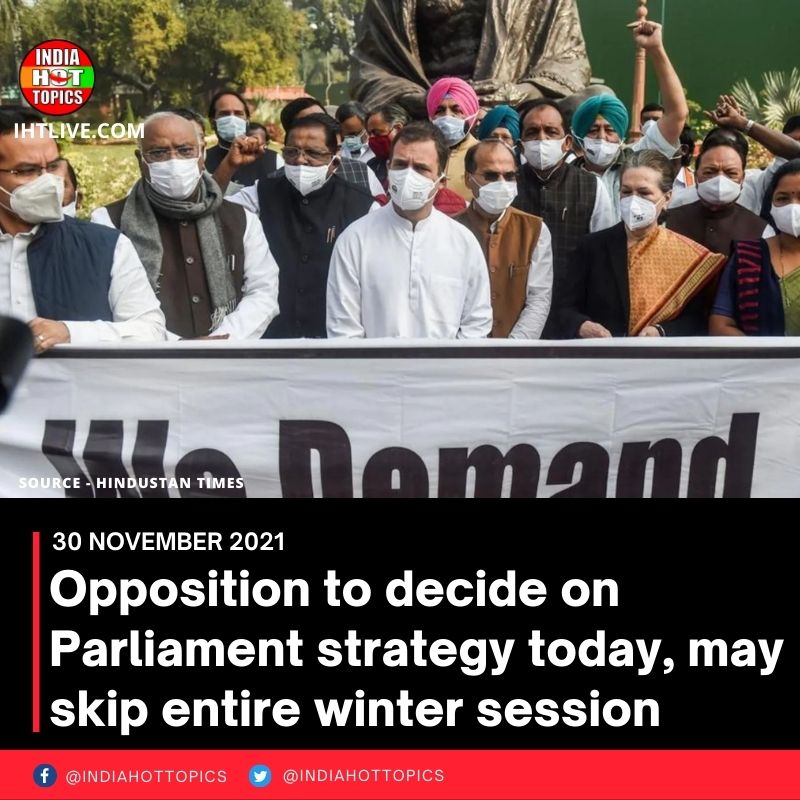Trending
Opposition to decide on Parliament strategy today, may skip entire winter session

Education
Maharashtra HSC Result 2025: MSBSHSE Class 12th results declared at mahahsscboard.in, direct link here
-

 Ranbir Kapoor2 weeks ago
Ranbir Kapoor2 weeks agoRanbir Kapoor and Alia Bhatt inspect their new dream home in Mumbai days after anniversary
-

 Sunny Leone1 week ago
Sunny Leone1 week agoSunny Leone’s fitness secrets for toned body at 43: Vegetarian diet to different menu every day for lunch and dinner
-

 Mahakumbh1 week ago
Mahakumbh1 week agoMahakumbh viral girl Monalisa looks unrecognisable after glamorous transformation in new videos: Watch
-

 Pahalgam Attack1 week ago
Pahalgam Attack1 week agoGovernment revamps National Security Advisory Board after Pahalgam terror attack
-

 Parineeti Chopra2 weeks ago
Parineeti Chopra2 weeks agoParineeti Chopra has the ‘best sensations’ as Raghav Chadha recreates her viral Hasee Toh Phasee reel. Watch
-

 UP Board Result 20252 weeks ago
UP Board Result 20252 weeks agoUP Board Result 2025: Marks sheets available on DigiLocker, a step-by-step guide on how to download it
-

 Rakul Preet3 weeks ago
Rakul Preet3 weeks agoRakul Preet Singh on being the ‘IT’ girl in Bollywood: I just wanted to be a heroine on the big screen
-

 Trending2 weeks ago
Trending2 weeks agoShabana Azmi recalls how Rekha’s response to a fan request stunned her: ‘Aisa behave karna chahiye star ko’






.1.jpg)
 Alternative Methods to Access Results
Alternative Methods to Access Results
.jpg)

.jpg)














